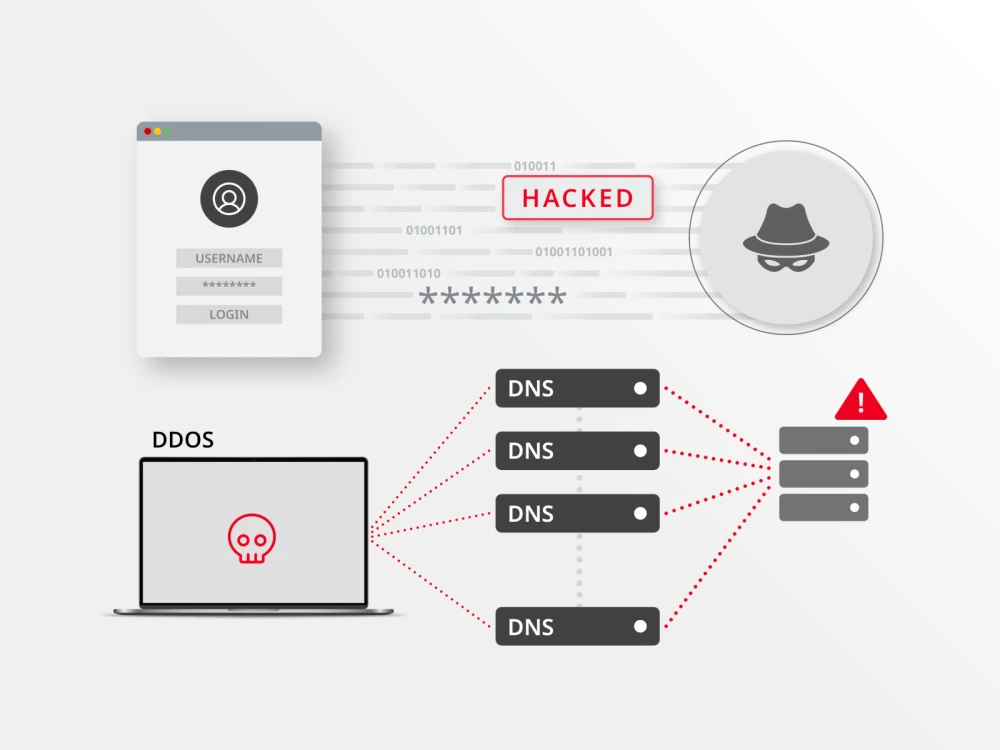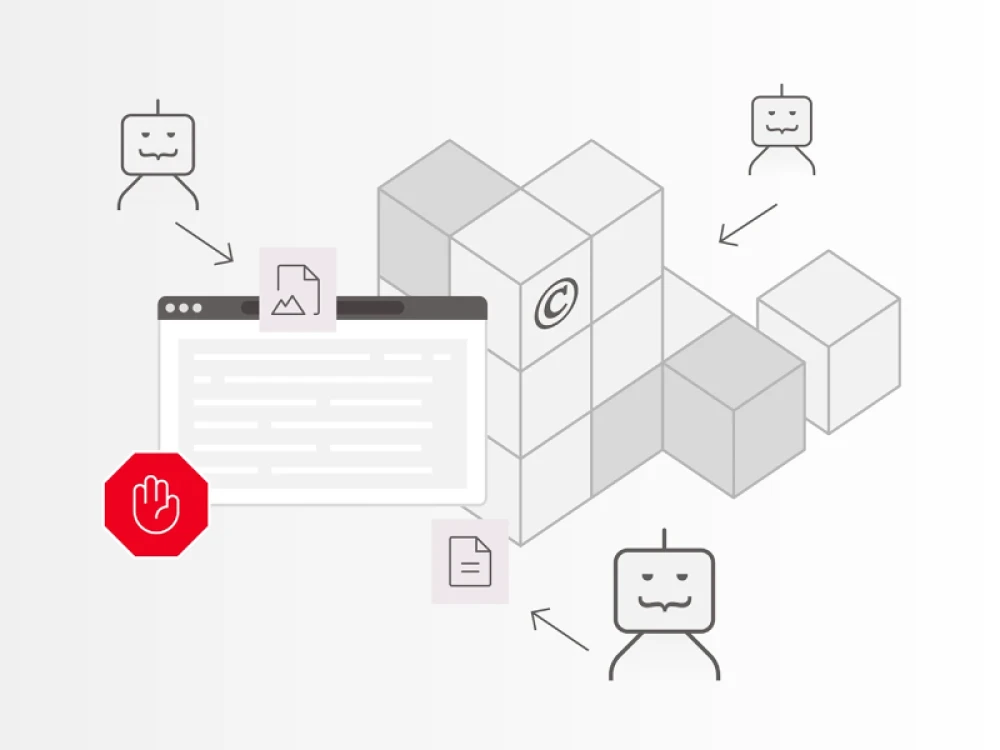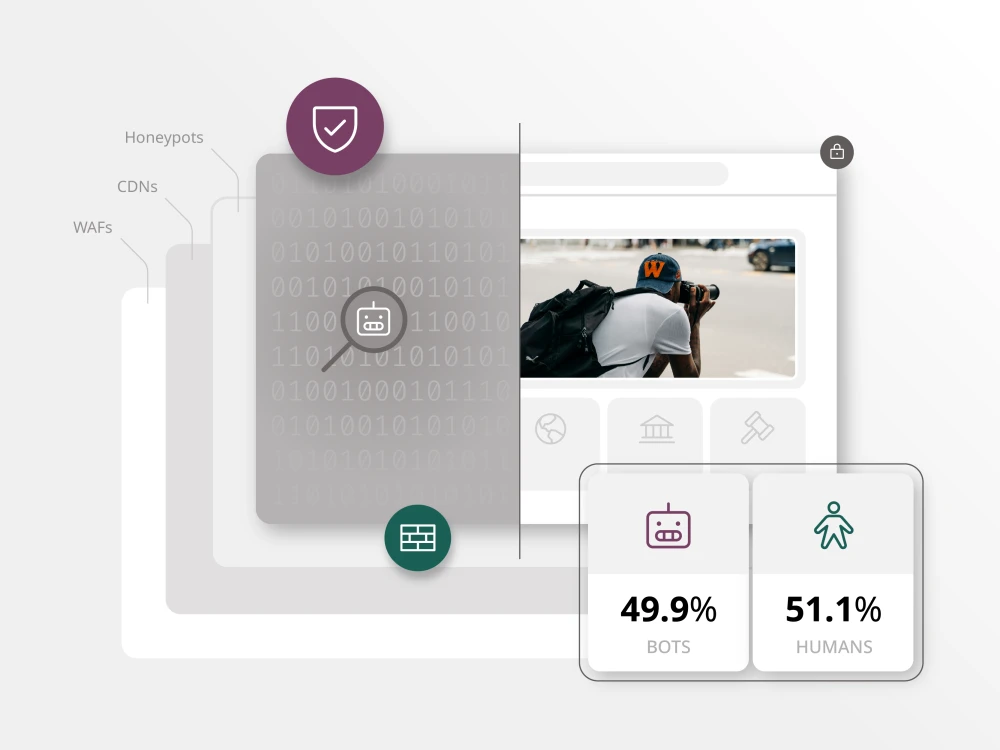Last year, we delved into how the conflict between WordPress and WP Engine revealed significant vulnerabilities in enterprise-level content management built on open-source frameworks. Since then, the turbulence within the WordPress ecosystem has only grown, leaving many enterprise customers asking: Are we putting our business at risk?
If you’re invested in WordPress, the latest drama involving Automattic’s leadership, governance disputes and threats of platform fragmentation might feel like déjà vu — and a source of real concern. These ongoing challenges are a wake-up call for enterprises to evaluate their CMS strategy and ensure it’s built for long-term success and stability.
In this three-part series we deconstruct the dispute and what it means for enterprise content management needs in 2025.
Part 1: A short history of the dispute and why it matters
In December 2024, the WordPress ecosystem was shaken by a legal dispute between Automattic, the parent company of WordPress.com, and WP Engine, a leading WordPress hosting provider. While it may appear to be a standard business conflict, this case has broader implications for enterprises relying on WordPress. It highlights critical vulnerabilities in open-source CMS platforms when governance, trust and security are compromised.
The roots of the dispute
The conflict dates back beyond December’s dust-up, rooted in tensions over Automattic’s influence on the WordPress ecosystem. WP Engine, which relies heavily on WordPress.org resources, found itself at odds with Automattic’s increasing control. The dispute escalated when Automattic blocked WP Engine’s access to essential WordPress.org resources, including the Advanced Custom Fields (ACF) plugin. WP Engine responded with a lawsuit, accusing Automattic of extortion and abuse of power.
Automattic defended its actions as necessary to protect the WordPress trademark and the integrity of the open-source project. WP Engine argued that Automattic’s actions were harmful to its business and the WordPress ecosystem as a whole.
Why it matters
This dispute raises significant concerns for enterprises:
- Governance risks: Excessive influence by a single entity can disrupt the collaborative nature of open-source communities.
- Uncertain roadmaps: Prolonged disputes can stall innovation and leave users vulnerable.
- Ecosystem fragmentation: A divided community undermines the consistency enterprises depend on.
This case underscores the inherent challenges of relying on an open-source platform driven by competing commercial interests. For enterprises, it’s a moment to reconsider their CMS strategies.
Part 2: Where things stand today and the impact on enterprise WordPress customers
The WordPress ecosystem is at a crossroads. A recent court ruling has forced Automattic to restore WP Engine’s access to key WordPress.org resources, but the dispute has left lasting damage. Automattic’s drastic reduction in open-source contributions has triggered widespread concerns about security, plugin stability and the future of innovation within WordPress.
For enterprise users, the question isn’t just where WordPress stands today — it’s whether it remains a reliable foundation for their content strategy moving forward.
As of January 2025, the WordPress landscape for enterprise users has undergone a seismic shift. A California court has ordered Automattic to restore WP Engine’s access to WordPress.org resources. At the same time, Automattic announced a drastic reduction in its contributions to the WordPress open-source project, citing the ongoing dispute as a primary factor.
Current status
Automattic’s decision to scale back contributions — from nearly 4,000 hours per week to just 45 — has raised alarms across the WordPress community. For enterprises, this creates:
- Security risks: Limited contributions mean vulnerabilities may not be addressed promptly.
- Plugin instability: The uncertainty surrounding critical plugins like ACF impacts long-term compatibility.
- Innovation challenges: Slower updates hinder enterprises relying on WordPress for a competitive edge.
Impact on enterprises
For enterprise users, this disruption amplifies concerns around:
- Vendor reliability: Is WordPress capable of delivering consistent and stable services?
- Community stability: How will the ecosystem sustain itself if key stakeholders pull back?
- Mitigation plans: Should enterprises explore alternative CMS solutions to reduce risk?
Why proprietary solutions are an answer
Proprietary CMS platforms like Brightspot address these concerns by offering:
- Dedicated support: Guaranteed resources ensure stability and quick problem resolution.
- Clear roadmaps: A defined vision for innovation eliminates uncertainties.
- Centralized security: Focused oversight reduces vulnerabilities and ensures faster responses.
Part 3: Looking ahead — key questions for CMS users in 2025
The WordPress/Automattic and WP Engine dispute serves as a cautionary tale for enterprises navigating the CMS landscape in 2025. While the immediate legal battles may subside, underlying issues persist, prompting a critical evaluation of digital strategies.
The evolving CMS landscape
This case exposes systemic challenges within open-source ecosystems, including:
- Governance dilemmas: How can open-source communities balance decentralization with accountability?
- Market consolidation: Will disputes like this drive fragmentation or lead to greater consolidation?
- Heightened security concerns: As cyber threats grow, enterprises need robust security solutions.
Key questions enterprises should ask:
To adapt to this shifting environment, enterprises must critically assess their CMS solutions by asking:
- Governance: Who controls the platform’s roadmap, and how does that impact business goals?
- Security: What measures are in place to mitigate vulnerabilities?
- Support: Can the vendor guarantee timely and effective issue resolution?
- Innovation: Is the platform positioned to adapt to evolving business needs?
- Cost Efficiency: What is the long-term ROI, including hidden risks and operational costs?
Brightspot’s value proposition
Proprietary CMS platforms like Brightspot offer a level of trust, stability and security unmatched by open-source alternatives. Key advantages include:
- Accountable governance: Decisions are made transparently with enterprise priorities in mind.
- Targeted innovation: Dedicated resources focus on delivering business-critical features.
- Reliable support: Enterprises receive consistent, high-quality assistance tailored to their needs.
By prioritizing stability and trust, enterprises can build resilient digital ecosystems primed for growth. The lessons from the WordPress/Automattic and WP Engine dispute highlight the importance of choosing a CMS partner that delivers consistency and innovation without compromise.
Ready to take the next step to a better, more secure platform?
As WordPress navigates its latest governance challenges, it’s time to ask whether your CMS platform is truly built for the future. Brightspot provides a secure, reliable alternative that empowers enterprises to focus on their goals without worrying about disruptions or vulnerabilities.
Let’s talk. Our team is ready to help you evaluate your CMS needs and explore how Brightspot can secure the stability, security and innovation that your business needs to thrive.










